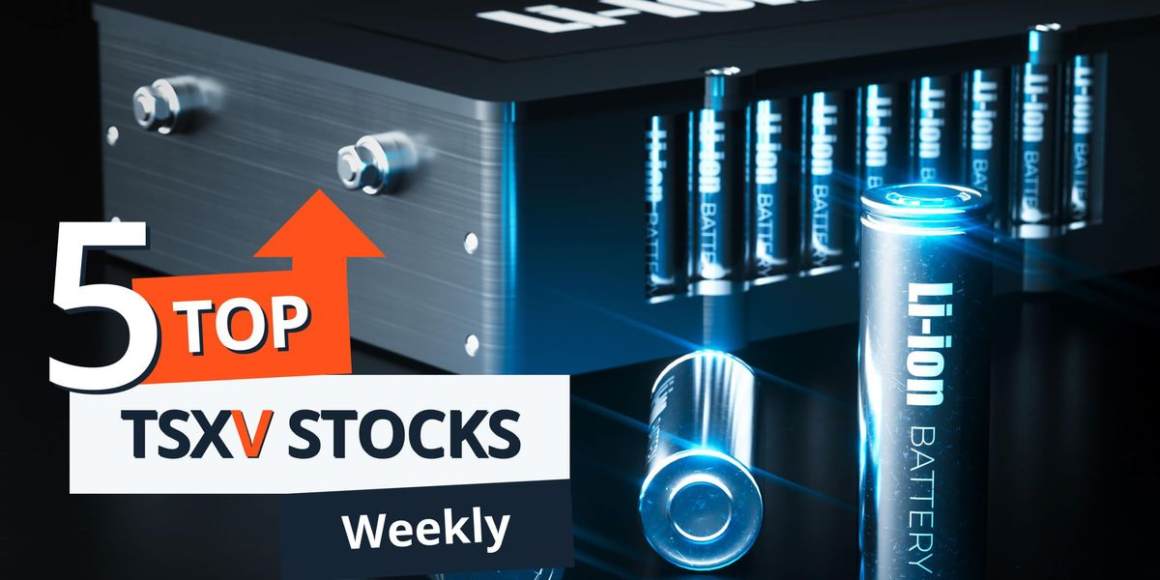Leading the way were the base metals copper, nickel, lead and zinc with C$13.2 billion in combined revenue; nickel-copper ore mining headlined the section with revenue of C$7.23 billion. Its own category, iron ore mining brought in C$10.65 billion in revenue, while revenue from gold and silver totaled C$13.18 billion.
Meanwhile, non-metallic mining brought in C$21.91 billion, with potash leading the category. Its revenue came in at C$17.78 billion, which is more than double its 2021 total. According to Statistics Canada, the top provinces by total metal ore mining revenue were Québec with C$12.44 billion, Ontario with C$10.81 billion and Newfoundland and Labrador with C$5.22 billion. Only partial data was published for BC and the three territories, as some data points were either unavailable or suppressed due to the Statistics Act’s confidentiality requirements.
The Conference Board said the continued contraction doesn’t currently signal a recession, and that it expects the annualized growth rate for real gross domestic product to fall to under 1 percent in Q2 and Q3 of this year. The LEI has faced dual pressures from high inflation figures and high interest rates, which continue to weigh on consumer spending.
Against that backdrop, which TSXV-listed mining and energy stocks rose the most? Here are the top gainers.
Weekly gain: 66.67 percent; market cap: C$32.5 million; share price: C$0.30
Noram Lithium is a lithium exploration and development company focused on the advancement of its Zeus lithium project in Nevada, US. The property, located near Clayton Valley, comprises 146 placer and 136 lode claims covering 1,133 hectares in a region with existing lithium brine operations since 1967. Noram has been exploring the site since 2016.
Weekly gain: 58.18 percent; market cap: C$39.7 million; share price: C$0.435
West High Yield Resources is a magnesium-focused explorer and developer that is advancing its Record Ridge industrial minerals mine project. Located near Rossland, BC, the site covers 29 mineral claims over 8,972 hectares and hosts a measured and indicated resource of 10.6 million MT of magnesium, as well as silica and nickel.
The company is currently in the latter stages of the mining permit application process for Record Ridge, which is located in the Osoyoos Indian Band’s traditional territory.
The company said this builds on an earlier cooperation agreement and follows the Osoyoos Indian Band’s independent review and oversight of the project. If completed, the mine is expected to produce up to 200,000 MT of magnesium per year.
Weekly gain: 38 percent; market cap: C$16.73 million; share price: C$0.345
Tincorp Metals is an exploration company working to advance its tin assets in Bolivia and gold asset in Yukon, Canada. Its Porvenir tin-zinc-silver project and SF tin project are located in close proximity to each other in Western Bolivia.
Weekly gain: 27.27 percent; market cap: C$16.19 million; share price: C$0.07
Weekly gain: 24.53 percent; market cap: C$110.86 million; share price: C$1.32
O3 Mining is a gold explorer and developer working to advance its assets in Québec, Canada.
The TSX, or Toronto Stock Exchange, is used by senior companies with larger market caps, while the TSXV, or TSX Venture Exchange, is used by smaller-cap companies. Companies listed on the TSXV can graduate to the senior exchange.
As of September 2023, there were 1,713 companies listed on the TSXV, 953 of which were mining companies. Comparatively, the TSX was home to 1,789 companies, with 190 of those being mining companies.
The exchange lists a handful of other fees and expenses companies can expect, including but not limited to security commission and transfer agency fees, investor relations costs and director and officer liability insurance.
These are all just for the initial listing, of course. There are ongoing expenses once companies are trading, such as sustaining fees and additional listing fees, plus the costs associated with filing regular reports.
Investors can trade on the TSXV the way they would trade stocks on any exchange. This means they can use a stock broker or an individual investment account to buy and sell shares of TSXV-listed companies during the exchange’s trading hours.
Article by Dean Belder; FAQs by Lauren Kelly.
Securities Disclosure: I, Dean Belder, hold no direct investment interest in any company mentioned in this article.
Securities Disclosure: I, Lauren Kelly, hold no direct investment interest in any company mentioned in this article.


Leave a Reply